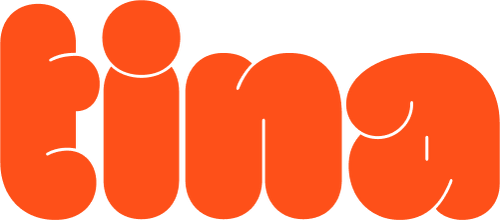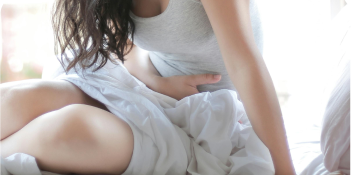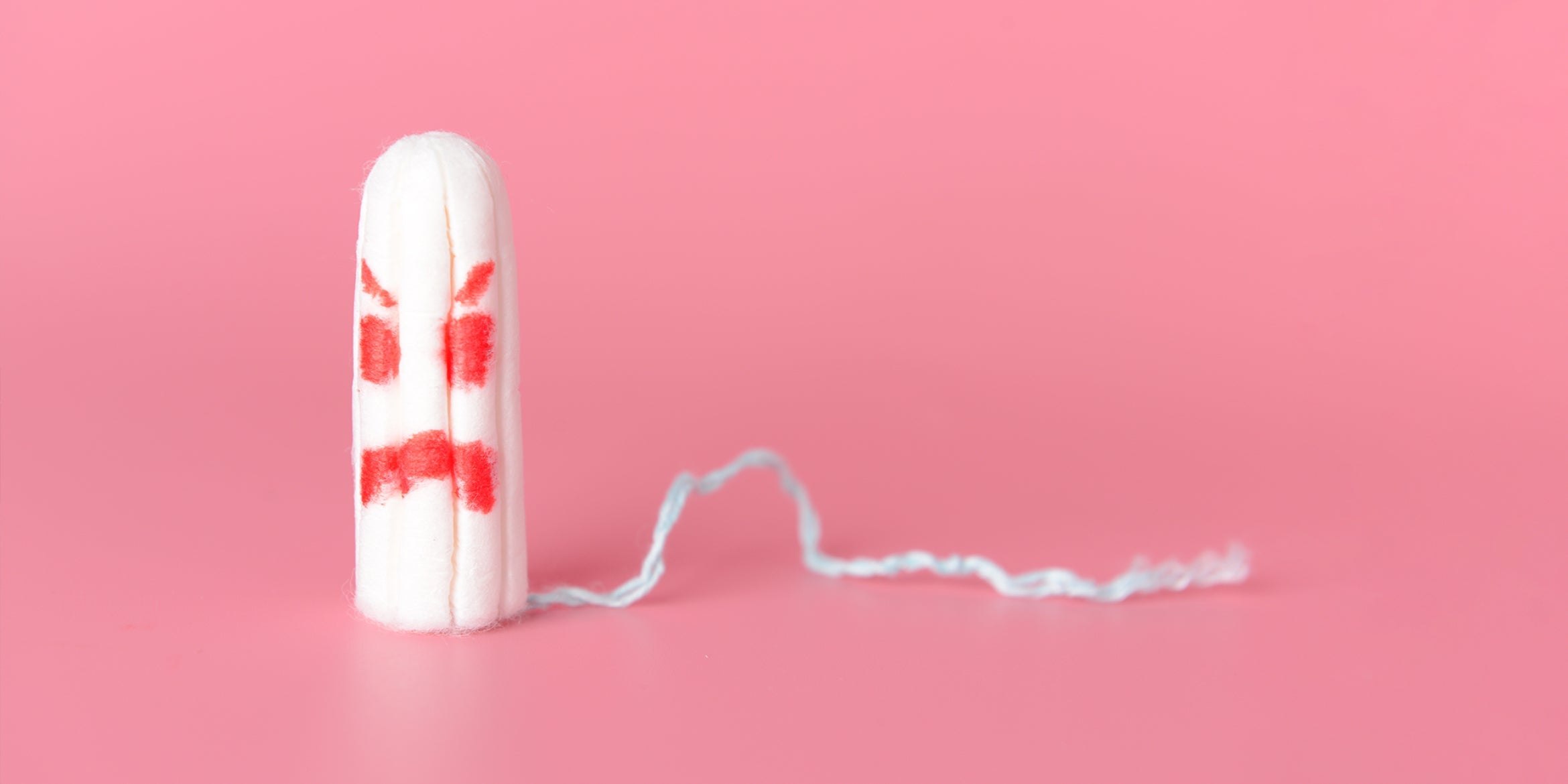We had the opportunity to chat with Inês about her period and dive in to the frustrations and messes that come with it. Featured menstruators like Inês are pioneering new discussions about periods — ones that are inclusive, honest, and raw.
20 years old from Portugal, Inês is autistic, dynamically disabled, and also chronically ill. Along with her art, Inês is passionate about activism, public speaking, and advocacy for many causes, including chronic illnesses, disability autism, sexuality, mental health, and climate change. She is currently in university studying social sciences, serves as an ambassador for A.W.A.R.E CAUSES @awarecauses and Unlimited Future @unlimited_future, and works as a social media intern at DisArt @disart_now.
"Dynamic disability", as coined by Brianne Benness of No End in Sight, "is a disability which fluctuates in severity from one moment onto the next."
What was your first period like?
The first time I got my period, I was 12 and at home, in the bathroom. I remember staring at the blood for a while, because it didn’t occur to me why I was bleeding right away. It was in the morning, before I went to school, I didn’t know how many pads I would need, my mother was sleeping, so I just stuffed the front pocket of my backpack with them and hoped for the best. I used pads, because it was easier and I had a medium to light flow. I only used tampons when I was going to swim, so either in a pool or at the beach. When I tried using a tampon, for the first time, it was a disaster. I bled all over my shorts, because 1st I didn’t insert it right, and 2nd I didn’t know when to change it. We only had tampons, because we were staying at a friend’s house, so I didn’t even have pads to back up my mistakes. I read the instructions that came inside the box, TWICE, looked at the diagrams, and still, it didn’t answer all of my questions. I didn’t have any of my diagnoses back then, so we didn’t know I was autistic, and therefore needed clear instructions, so neither my mom nor the instructions were helpful. I was a virgin and still had my hymen, so inserting even the smallest of tampons was painful for me, getting them out would cause me to tear up sometimes, because they would have higher volume due to having been absorbing blood, being even more painful. They became a last resource for me.
What do you know now that you wish you knew about your period when you first started?
Before I got my period, I wish someone had told me that everyone’s periods are different, therefore the way they use menstrual products should be different as well. I wish we would have learned in school the practical things about the reproductive system, because studying that some individuals have periods and why that happens, is not very helpful if you don’t proceed to explain how to use pads and tampons. I also wish that I knew that it is normal to not be able to use tampons if you still have the hymen – or if you even have one -, because I just felt that something was wrong with me I even went to my GP because of it. That appointment turned out to be terrible, the doctor made me feel stupid because it should be obvious that it was because of my hymen that I wasn’t able to properly use tampons, and then proceeded to tell me to lose my virginity, if I wanted to be able to use tampons, “to get it over with." I didn’t take her advice, if you can even call it that, but it always breaks my heart to know that I was probably not the only one she said that to.
Can you describe a time when your period was hard, frustrating, or messy (or all 3)?
I have chronic anemia and POTS (postural orthostatic tachycardia syndrome), which causes me to faint, but at the time I had my first period, I only knew about the anemia. I started to faint, and it intensified even more when I was on my period. I would be in pain and dizzy the week prior to my period and the week I would actually have it so at least half of the month, I felt awful. One of the things that helped me immensely was taking the “mini-pill”, as it is commonly referred to here in Portugal (I’m Portuguese and live in Portugal), it is a pill that’s used not as a form of birth control, but to help individuals that have periods with acne and cases like mine, where periods are painful and also cause me to faint. Portugal is still a bit conservative and its population is mainly catholic, so taking the pill in my young teen years was sometimes not seen as for it was, because a lot of people are still close-minded, and it is not something that is discussed openly, at least not when I was taking it (I’m 20 years old). I believe a lot of individuals who have periods would feel more comfortable going to the doctor if this was an open conversation.
Did you enjoy this discussion? What other questions would you want to ask? Do you have a story to tell?
If you answered "Yes" to any of the above, comment your thoughts below or message us here.



